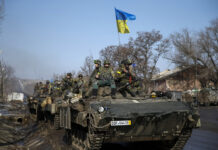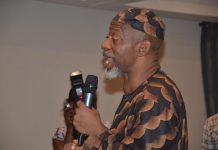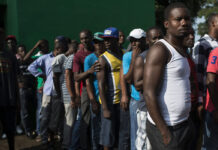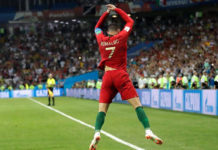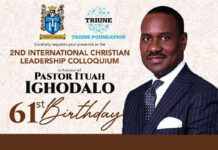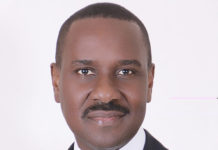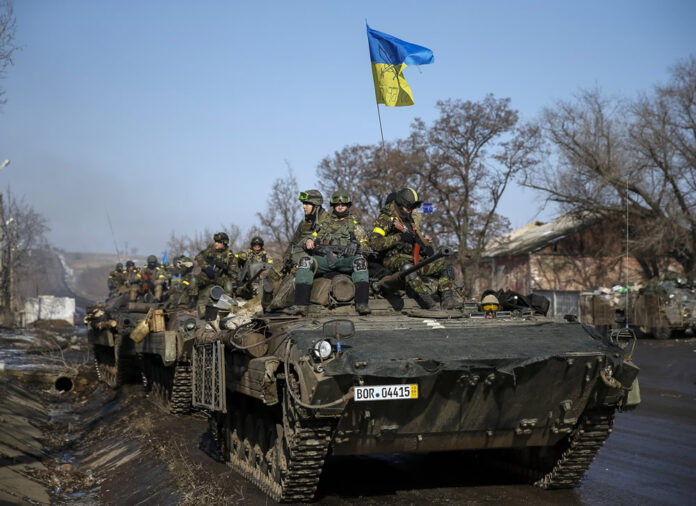The war in Ukraine is one of the biggest events in 2022. Its ripple effect will last longer.
In one word, annus horribilis sums up Year 2022! The Queen of England died. A rash of natural and human disasters killed even children in droves globally. Most horrific is the Russia-Ukrainian war that has completely changed how we see, live and hope to survive in a vastly distressed world.
Early February 2022, not too many took Vladimir Putin’s “special military operation” in Ukraine too seriously. But barely weeks after, the world is in turmoil and the global economy is tumbling on all fronts. With more materiel funneled into the war to support Ukraine and counter Putin’s threats, a devastating Third World War and a new world order may be upon the globe. Yet, amid the looming annihilation, opportunities abound for African countries, not to take sides or get terrified, but to reorganise into a formidable continental bloc while the superpowers are slugging it out.
A World at War
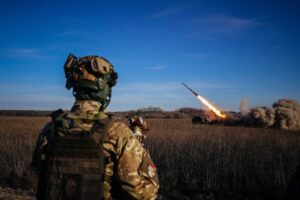
For those still in doubt, the world is on the tenterhooks; no thanks to the Russian invasion of Ukraine. Last September, Pope Francis, in one of his homilies, hinted that the spate of conflicts around the globe were effectively a “piecemeal” Third World War. “Humanity needs to weep,” he said, “and this is the time to weep”. During his Andelus noon prayer at the Vatican a fortnight later, he specifically appealed to the Russian President to “stop his spiral of violence and death” in Ukraine. The Holy Father as well denounced the “absurd” risk to humanity entertaining a catastrophic nuclear war. He urged the international community to use all diplomatic instruments to end this “huge tragedy” and “horror” of war. The pontiff’s eerie message mirrors the woes that have beset the global economy and without deterrence, the seething catastrophe that is imminent. Indeed, since the war began, global economies have been reeling with telling effects in cities far away from the warfronts.
Ukraine’s inability to export essential wheat, maize, and barley to the world market has plunged many countries on the brink of starvation and surging food prices. Russia also accounts for about 40 per cent of natural gas used in Europe. Since Russia cut 88 per cent supply as punishment for Western sanctions for its invasion of Ukraine, the price of energy has spiked in Europe and beyond.
There has been high apprehension that this winter would bite harder amid the energy crisis. Goldman Sachs, a bank, projected that gas prices in next summer will be around £235 per mwh, far higher than they were mid-2022. The pre-pandemic rate was about £20 per mwh. Domino effect on the U.S. dollar has caught up with global economies too, forcing most central banks to make painful adjustments on interest rates amid widespread record-high inflation. Largely, the global economy is not at ease.
Dangerous power politics
Compounding the economic woes is the uncertainty that awaits humanity – a dilemma made worse by the hypocrisy of the superpowers in international politics.
Note that both Russia and Ukraine are cousins and formerly of the Soviet Union. The undercurrent of the Russia-Ukrainian war is Ukraine’s push to become a member of the North Atlantic Treaty Organisation (NATO) – an intergovernmental military alliance of 30 countries led by Russian arch-rival, the United States. Ukraine joining NATO – for protection against Russian aggression – violates an earlier agreement NATO had with Russia for the sake of peace in the region.
Again, Putin is challenging NATO’s rights to possess and possibly station military hardware on the “Russian doorsteps” (through Ukrainian membership of NATO). The scenario is akin to the U.S. threatened invasion of Cuba exactly six decades ago, on citing Soviet nuclear missiles in Cuba, which is next-door to America. Remarkably, the nukes were removed to pacify the U.S., while America also secretly removed hers from Turkey to bring the crisis to an end within 13 days.
Now, the rehash of that plot has lasted more than 300 days and the war is far from over. While United States and European Union are railroading million-dollar worth of military equipment into Ukraine to compound the misfortunes of the Russian forces, Putin has said he would deploy “all weapon systems available” to defend the “territorial integrity” of Russia – including all the Ukrainian lands he is annexing through referendum carried out at gunpoint!
But another worry is Putin not winning on the battlefield. And that is self-evident in the November withdrawal of Russian forces from Kherson in southern Ukraine. An overall defeat will only motivate the irresponsibility to go nuclear, which may not spare the Baltic States and allies of Ukraine. Moreover, Russia is not alone; he has the support of both China and North Korea!
America and friends (29 NATO allies) have also warned of “catastrophic consequences” should Putin detonate nuclear weapons. With the exception of Africa, the world is polarised for another escalatory war of all against all.
Clearly, and at slight provocation, all the superpowers and their allies are in possession of dangerous technological and biological weapons that are potent enough to wipe off everything living on the earth!
Any hope for non-allied Africa?
Africa has not been exempted from the painful realities of the war. Soaring costs of food and fuel are revving up tensions in African countries, including South Africa and Nigeria. However, the ongoing war is not one for Africa. The continent should rather take advantage of it instead of being a party to selfish tendencies of the superpowers.
With the benefit of hindsight, the sustainable development of African countries has rarely been on the agenda of international politics or a foreign policy of the superpowers. Strikingly, it is the same orientation from colonial period to the current neo-colonial and imperialist structures on the continent.
For instance, the French occupied territories are in very bad shape economically and politically. In 2020, estimate has it that over 21 per cent of the African population faced extreme hunger and famine without succour. There are currently over 14 million of them in Somalia, Ethiopia and Kenya.
If those are not graphic enough, the colour discrimination against blacks fleeing bombings in Ukraine re-echoes the Western institutionalised racism against blacks, which African leaders should challenge more strategically. It is repulsive that the European nations that officially opened up to Ukrainian refugees, denied blacks seats on evacuation trains and summarily turned back Africans at the Polish and Hungarian borders! Like they did to fleeing Afghans and Syrians, Africans were left in the freezing cold!
Against those backdrops, it is expected of the real pan-Africanist leadership to at this period shift gear to concerted efforts at making Africa a powerful bloc of global reckoning. In any case, the global economy is tanking; and rarely able to muster serious aid to third world countries that have refused to grow up. It is time for African countries to unite and form a common economic front to combat socio-economic woes. The example of the European Union (EU), being the most successful regional bloc, suffices for African leaders and the African Union (AU).
There is no better time for the AU to float its own currency than at a time the world is skeptical of the U.S. Dollars, Russian Rubles and even Chinese Yuan. It is also time to get serious with free movement of persons, goods and services in Africa to share prosperity and promote sustainable interdependence.
The onus is on African leaders to close ranks, rally forces and ensure Africa comes of age in the ensuing dizzying climate of world politics. Not necessarily for the sake of powers, but primarily for the survival of its population in very challenging times.
Lastly, the current war of attrition and escalating tension will upset the apple cart of a world governed by few superpowers. It may be the turn of deeper regionalism, and Africa should get prepared not to get left behind or in the cold again.
